How to Replace the Afternoon Crash with Sustained Energy and Maximized Recovery Time
The title is a mouthful and may seem unattainable in a world where we are inundated with energy drinks, advice on how to wake up and stay awake, and how to stay alert almost 24/7. Then, once we’re all hyped-up, we can’t figure out why we can’t go to sleep or stay asleep and the evil cycle starts all over again the next day!
Yet, with a few tips, you can exponentially increase your workout routine’s optimization and feel better , all day, every day. It’s all about the glucose roller coaster. None of us wants to get to the extreme position of worrying about diabetes. But let’s face it, the extreme ups and downs and mismanagement of our eating can lead to a lifetime of sticks and pricks and insulin management. According to Diabetes In Control, “If you find that your blood sugars often fluctuate from too high to too low (and vice versa), you’re on the blood sugar rollercoaster. Your blood sugars are affected by a large number of things, including what you ate (especially refined “white” carbohydrates), how long ago you ate, your starting blood glucose level, physical activity, mental stress, illness, sleep patterns, and more. Large fluctuations in blood sugars may make you feel cruddy and are bad for your long-term health, so it’s time to learn how to stop the rollercoaster!”
Proteins Are Key
Aim for more healthy proteins, such as grass fed beef, pastured pork and wild fish, and healthy fats at lunch such as avocados, olive oil, grass-fed butter and coconut oil vs. carbohydrate-based foods. These foods will help prevent the glucose roller coaster. Bread, even multi-grain, and white potatoes are processed very quickly in your body, causing a blood sugar spike. This spike is almost always followed by a drastic drop in blood sugar and produces a related feeling of fatigue. The same goes for those cold, carbonated, cancer-causing, chemical caffeine drinks we’ve previously discussed. Just say no!
Cortisol and Sleep
Believe it or not, sleep plays a very important role in our overall health and metabolism, and especially maintaining energy levels. However, we all still pride ourselves on how little sleep we need and how busy we are all the time. The research is pretty clear that we need 7-9 hours of sleep a night to maintain optimal hormone levels and to avoid excessive cortisol levels. And believe it or not, our eating is also tied to our quality of sleep: Firas Kittaneh, tells us, “ Ultimately, the greater variety of fresh fruits, vegetables, proteins you eat, the better your chance of getting diverse minerals, vitamins and antioxidants that help promote overall health and good sleep.”
Cortisol, the stress hormone, will be higher when you’re low on sleep, and this is associated with all kinds of unfavorable things. After a good meal at lunch though, these excessively high cortisol levels may dip, since your body finally got some stress relief and thinks it’s now time to relax a bit (siesta time?). Having more natural cortisol levels should result in highest levels in the morning and then gradually decrease throughout the day along with your natural sleep cycle. See also our blog on how to get good quality sleep.
Speaking of cortisol, have some salt in the morning. Really, salt? Yes, salt can get a bad rap, but in the morning your cortisol and norepinephrine (adrenaline) are naturally very high to help get your butt out of bed. Having a small pinch of Himalayan sea salt can actually level those hormones out a bit so you have more to keep you alert and energized throughout the day. According to Stack, “If you're a couch potato who eats nothing but junk food, your salty snacks are probably harming you. But if you're an active person who exercises intensely on a regular basis, salt is probably more your ally than your enemy. Salt (a.k.a., sodium) is an electrolyte, meaning it helps your body stay hydrated, and it also stimulates thirst, which can cause you to drink more water. Those are generally good things if you're an athlete who works out intensely.
Case Study
One study of salt and performance centered around two groups of athletes participating in the same triathlon. One group drank sports drinks and ingested salt capsules throughout the race, while the other group drank sports drinks and ingested placebos. The results were shocking—the group of athletes who ingested the salt capsules had an average time 26 minutes faster than the group who took the placebos.
A triathlon is obviously an endurance event, but a high-intensity workout, practice or game—especially one in hot summer conditions—can definitely drain your electrolytes and dehydrate you quickly. Including a salty snack before the game or at halftime can prevent dehydration and help you stay at a peak level of performance.”
All this talk about cortisol and salt is making me sleepy. Hey, that’s a good thing! Plan to eat your whole-food carbohydrates later in your workout days. You will hopefully notice a trend the role our hormones play in our energy levels. Late in the day is the time to have your sweet potatoes and plantains to turn off your cortisol and allow your body to start ramping up its natural melatonin.
Sweet dreams.




